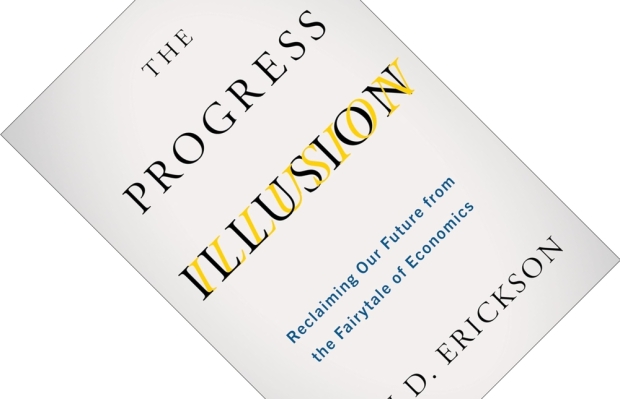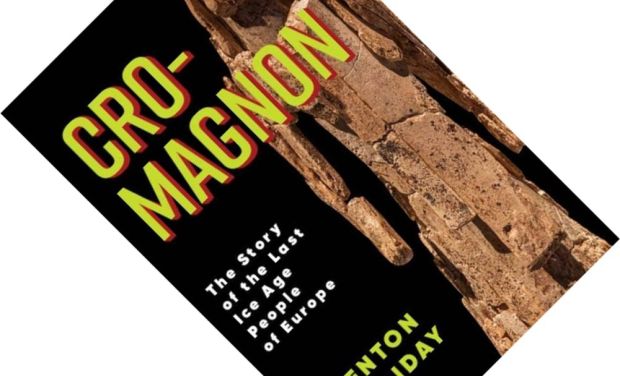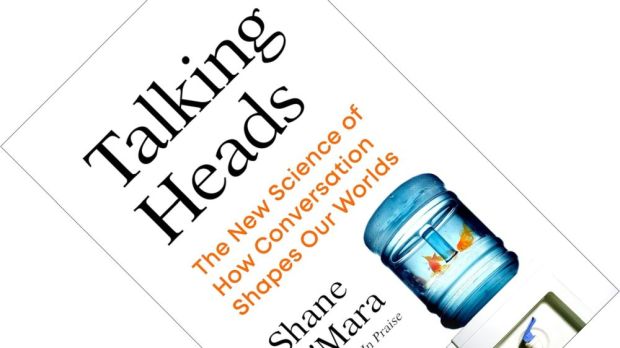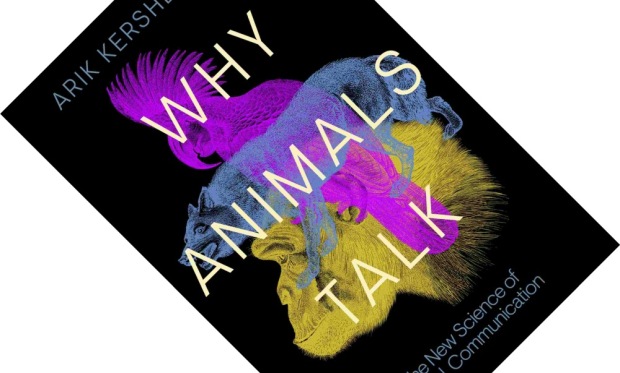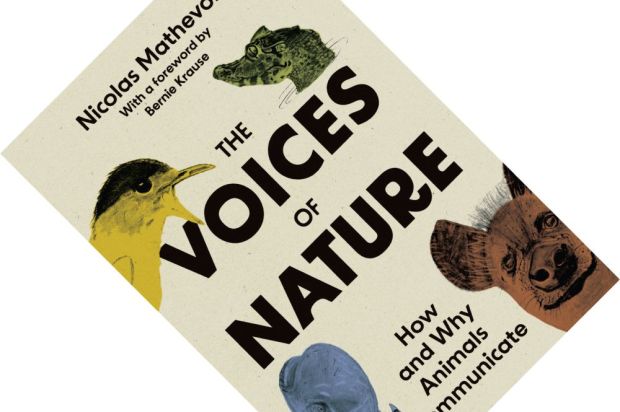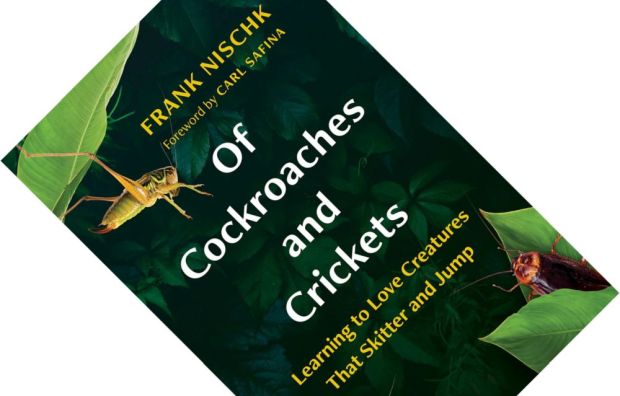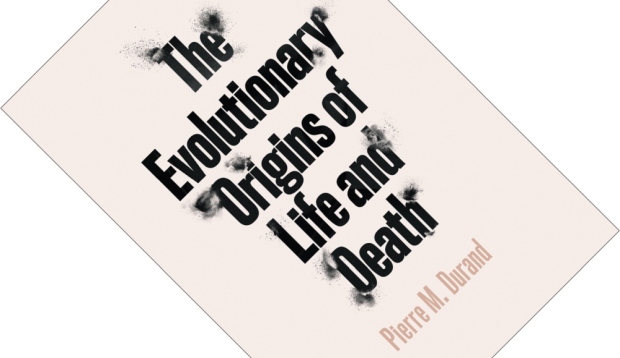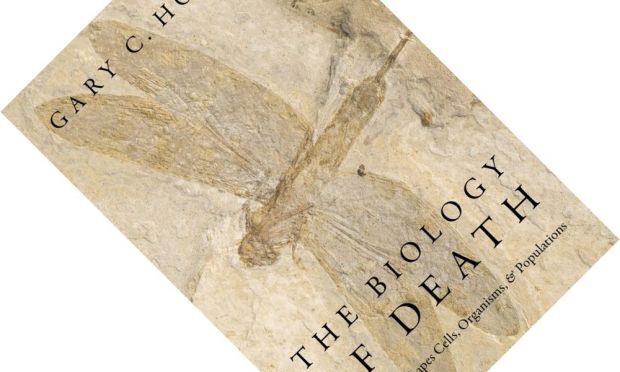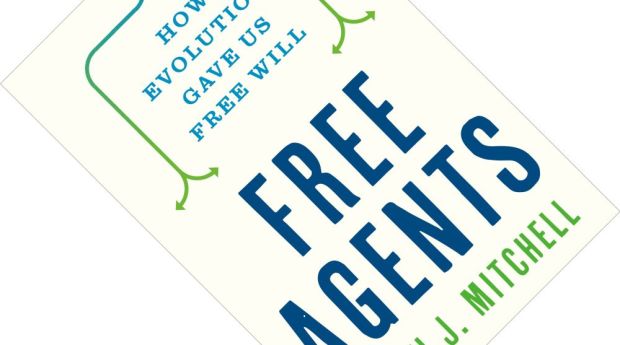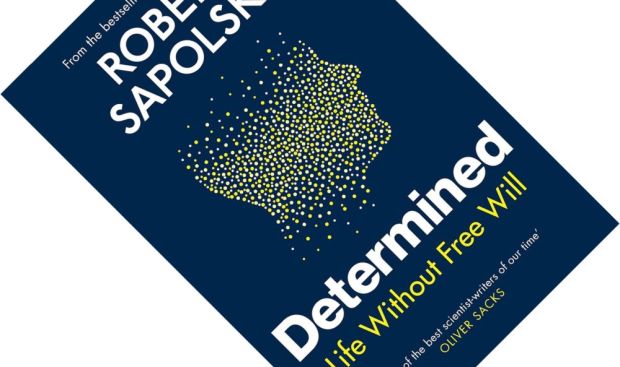9-minute read
keywords: economics
Do you know what warms the cockles of my heart? A neoclassically trained economist turning on his own education and discipline. That describes the career trajectory of economist Jon D. Erickson. The Progress Illusion is part history lesson of how neoliberal economics ended up on top, part manifesto for a different economy. For Erickson, the answers lie in the emerging discipline of ecological economics. Though there is much to like here, I did notice some curious omissions.

